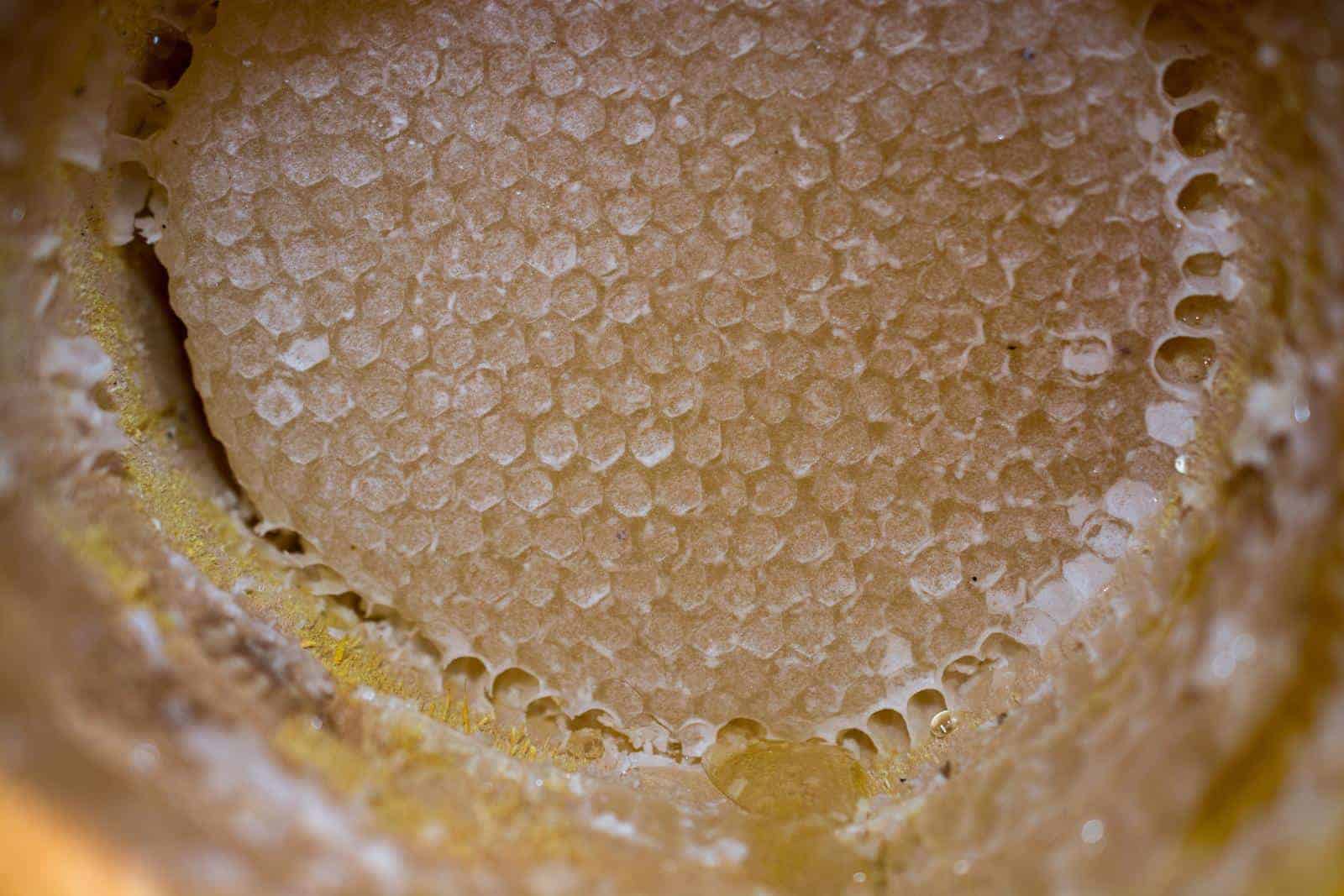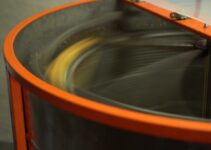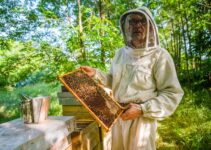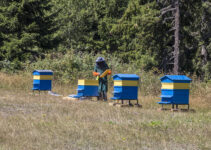Beekeeping is undoubtedly the most underrated hobby and lifestyle in today’s age. It comes with some immense benefits ranging from producing your own honey to saving one of the most important pollinators on planet earth. But a question that many beekeepers ask is, how long will honey last in a comb?
When beekeeping, it can be hard to determine how long your honey will last in a comb as it’ll vary because of its environment. However, if stored correctly and under the appropriate conditions, honey in a comb won’t expire.
Beekeepers in their first year will be lucky if they get even a small harvest by late summer. A brand-new colony needs at least an entire season to build up a large enough community to have a surplus of honey; they should gather enough for the colony to survive over winter.
Want to know more about harvesting and storing honeycomb? I suggest you read the below information:
When should you harvest your honey?
When a frame holds 80% or more sealed, capped honey, you can remove and harvest that frame. Or, you can exercise patience, leave your frames in the hive and wait until one of the following is true:
- The bees have filled every frame with capped honey.
- The last significant nectar flow of the season has finished.
Ideally, you want to wait until your bees have amassed all the honey they are able to, so be patient. There lies the virtue. That being said, you don’t want to leave the supers on the hive too long. Life tends to get a little busy around Labor Day; you don’t want to be spending a whole weekend harvesting when you likely have many other things to be doing. Don’t put off tomorrow what must be done today; if you wait too long, two things can happen:
- After the final major nectar flow, with winter looming on the horizon, your bees start to consume the honey they’ve created. If you leave your supers on your hives too long, the bees will eat the honey you’d expected to harvest. Or they will move it to the open cells lower down in the deep body of the hive. Either way, you have lost the honey you wanted for yourself. Whip those supers off before it gets to that stage.
- If you wait longer than you should to take away the supers, the weather becomes too cold to harvest. When the weather cools, honey can become thick or even granulated, making it impossible to extract out of the comb. The easiest time to harvest honey is when it still has the warmth of summer and flows effortlessly.
How long does honey last in comb?
You can plan your harvest to the hour, but sometimes life happens or equipment breaks, and you need to put everything on hold. So how long can you keep fully capped honey on the comb?
You can safely store capped honey frames for two to three days at max. But it’s absolutely vital to ensure they are wrapped faultlessly well to keep pests and bugs out and stored safely in a cool, dry place to keep any hungry animals away. Any longer than a few days, and it is best to freeze your honey frames. This is probably the best way to preserve them.
Many experienced beekeepers will say that it’s good practice to leave your frames in the hive until you can harvest. Your bees will take much better care of them than any human. Of course, this is true, but sometimes you just don’t have a choice, and you’re stuck with a bunch of honey frames needing to be stored.
We recommend you store your honey frames for only two or three days unless you’re going to freeze them. The reason we advise this is because of pests getting to them and crystallization. If your honey crystallizes, you may as well simply return it to your bees because there’s no way to extract it past this point.
If you are in an area with high humidity and store your frames for a long enough time, they could start to ferment. Moisture from the air can get into capped honey; it takes a little longer, but it does happen, especially in high humidity areas.
Fermentation can also begin if you have too many uncapped cells next to the capped honey. Uncapped cells can ooze out and start to ferment and even grow mold.
How do you store honey in a comb?
The greatest concern when storing frames is stopping pests like ants, moths, and small hive beetles from getting near your honey. If pests are a problem, you can freeze honey frames for at least two days before removing the honey.
If you want to remove them from the freezer, ensure they are very well wrapped to keep bugs out and stored safely away from predators. If the amount of freezer space you own allows it, just leave them in there until you’re ready to extract them.
Freezing your honey frames stops the crystallization process in its tracks and will also kill off any hive beetle and moth eggs. If you intend to freeze your frames, make sure to wrap with plastic wrap first to keep all the moisture out. Water is the enemy of honey. Once you remove your frame from the freezer and your honey has thawed, it will return to its original state and be ready for extraction.
Can I store my combs in the fridge?
It’s important to note, you should never store honey frames in a fridge. This speeds up the crystallization process; it’s also why you never store jarred honey in the refrigerator. Despite your best efforts, you may still end up with moldy or fermented honey; you can give it back to your bees. They’ll clean up the frames for you, but many keepers will throw them away as well.
If you’re planning to feed your honey back to your bees, they do much better with the light-colored stuff over winter. Darker colored honey has a greater ash content, and while that is dangerous to us, it can build up in your bee’s gut over winter. If your bees collect too much waste in their sensitive guts, they become more prone to dysentery.





